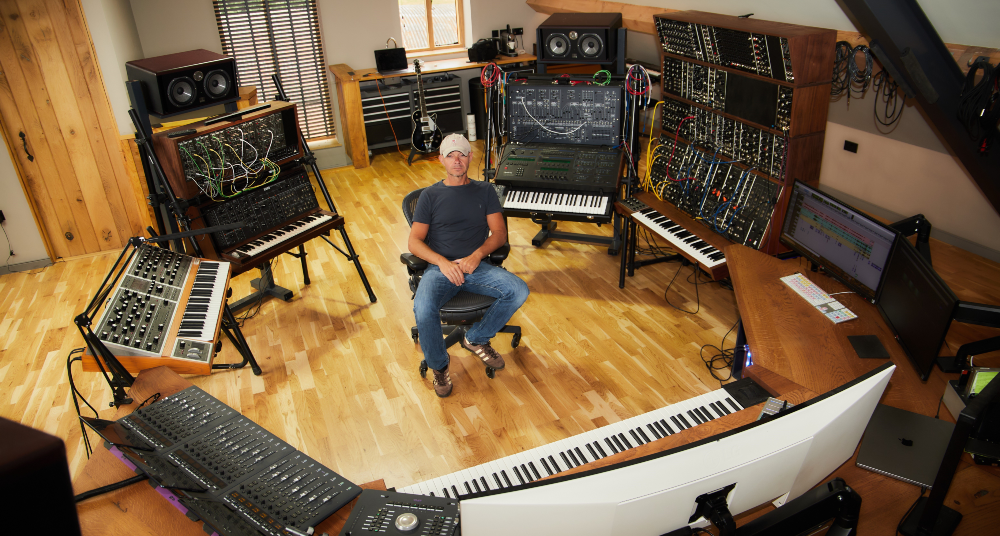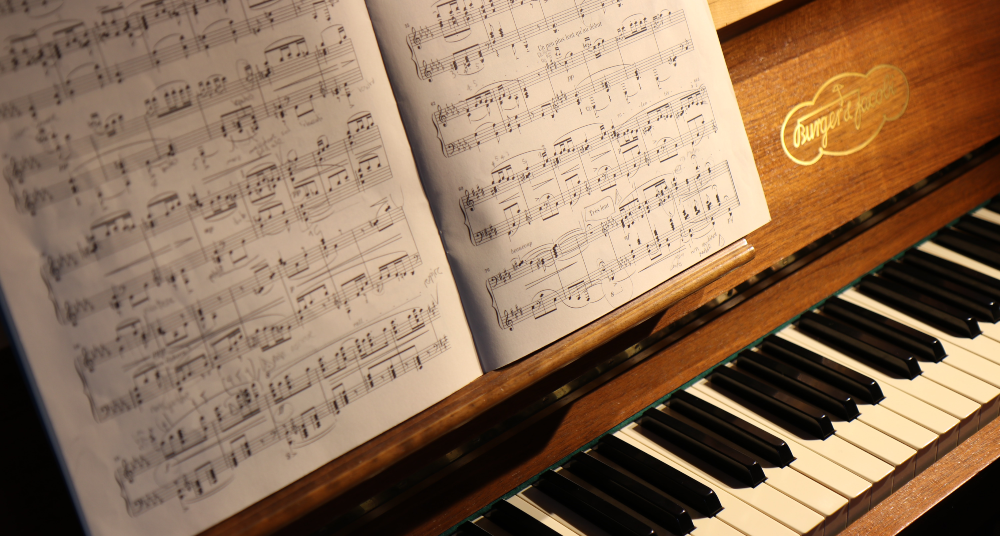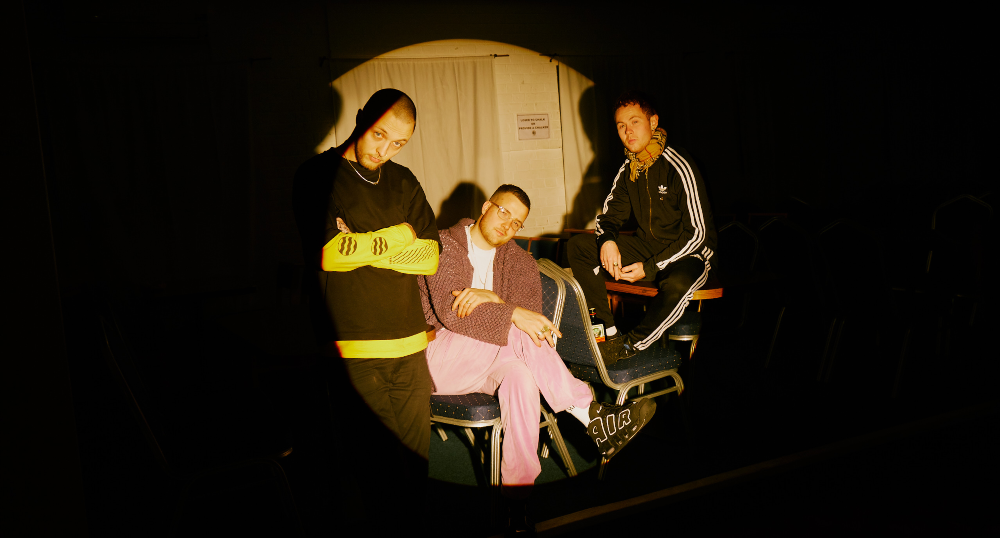Martin Phipps was nominated for an Ivor Novello for his work on critically acclaimed Netflix drama, The Crown.
Phipps is one of the most decorated screen composers working in Britain today, with five Ivor Novellos and two Baftas already under his belt. Godson to Benjamin Britten, he has been steeped in England’s important musical heritage since birth.
Martin has written music for shows including Peaky Blinders, The Shadow Line and Black Mirror. He’s also created a film score with Hans Zimmer (Woman in Gold).
We asked Martin Phipps to talk us through the creation of The Crown soundtrack.
When I was approached about the music for season three of The Crown, I had little hesitation. Normally I wouldn’t consider taking over someone else’s gig. The thrill of the job is finding the sound of a series, and it’s stories and characters. That said, The Crown isn’t just any normal series. It’s the best of UK TV. It shines a torch on all the pride and prejudice of the country I live in. Episodes like Aberfan and Coup tell us much about power and where it resides. Moondust is the best study of a midlife crises I’ve seen in a long time.
Plus, and it was a big plus, it’s creator and writer Peter Morgan was adamant that he wanted a new approach to the music. The series relaunched with a new cast, so he was seeking a fresh approach to the score. Less bombast/full orchestral. More personal. Still a big sound, but one that would connect directly with our characters. We spoke about using less music overall, but making it count more when it arrived.
I have a huge admiration for what Hans, Rupert and Lorne had done on the first two seasons. It was a daunting act to follow, but I was encouraged by the belief that Peter wanted the kind of score I liked writing, not just a continuation of what had gone before.
I agreed to start composing as soon as the series began filming. The idea was that I would write an album’s worth of material that the editors would then use as the picture began to come together.
It was a scary prospect, writing only to a script, with no picture at all. Not helped by Peter calling me up within days with, ‘So what’s the new sound then?’ I wrote 10 tracks in two months and he seemed to be reassured.
Although I had no filmed sequences, Peter sent me inspiring briefs on the characters and story lines. Pictures of Mountbatten in his military hay day, and then as an old man, his powers fading. This was a theme that ran throughout season three. Britain and the royal family as a fading force.
Luckily my early start on the job paid off and almost all the temp track was from the material that I’d written. It was a real fear of mine that the editors would turn back to the exquisitely produced music from the first two seasons, rather than my hastily produced demos, but all concerned were supportive about running with a new sound. Once the picture was edited, I would then return to the cues and refine them, as well as adding additional material.
'It was a scary prospect, writing only to a script, with no picture at all. Not helped by Peter calling me up within days with, ‘So what’s the new sound then?’ I wrote 10 tracks in two months and he seemed to be reassured.'
French horn and low male vocals, along with deep string chords soon became the cornerstone of the new themes. Although I did some large orchestral and choir recordings at the fabulous Air Hall, Peter and the directors often preferred my rougher, more intimate demos. He often felt the live recordings were too glossy and slick. He liked the quirkiness of my early versions. I’m currently writing season four and this is becoming more pronounced as I am moving further towards an electronic, non-orchestral sound.
Out of all the music from season two, my two favourite cues are, firstly, the scene in episode three when the Queen visits the mining town to inspect the disaster site where 83 children were buried alive. The music had to simultaneously pay respect to the tragedy, whistle scoring the Queen's inability to feel the emotion she should in such a tragic situation. A really tricky ask! Then there’s a scene in episode five, Coup. The Queen is on tour in America with her racing manager, Porchy, doing what she loves most… watching horses. Over dinner she talks of the unlived life (which she would clearly have liked to spend with Porchy) and about what might have been. She then receives a telephone call from England from Prime Minister Wilson informing her that her cousin, Lord Mountbatten is plotting a military coup to overthrow the Labour Government. Having finished the call, she does this long walk back through the restaurant to her table, the camera trained on her throughout, Olivia Colman's face a picture of thunder.
I loved scoring her transition from carefree flirtation to deadpan anger, as she’s yanked back to reality and the duties of her role.
Listen to The Crown: Season Three soundtrack below.
.ashx?h=536&w=1000&la=en&hash=CAA39A8D0AC2679762A9D585E780FEC7)




